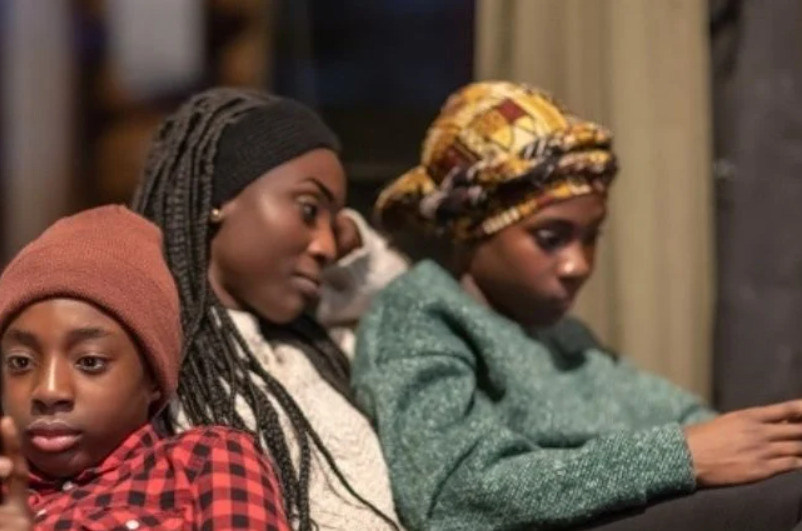Who is legally responsible for minor children when parents pass away?

Custody doesn’t have to be complicated, and the law is clear on who is responsible for the children if a parent dies. But what happens when both parents pass away and children are left unaccounted for?
In this case, a reader says she wants to have custody over her younger siblings, which was her late mother’s wish before she died, as the siblings have no parents and no responsible adults to care for them.
We asked an attorney to explain the process.
Good day,
My mother passed away last June. We were three children living with her, I’m the oldest.
I live alone at the moment; my brother and sister are living with my mother’s sister-in-law.
She is away from home for months when she should be looking after my brother and sister. Because of this, I would like to know what the chances are of them being put in my custody, as it is what my mother wanted before she died.
My brother is 10 years old and my sister is 13 years old, and I would like to take care of them myself.
Please guide me on what to do?
Thank you.
In the absence of biological parents
We spoke to divorce and family law attorney Atisha Ghela, from Atisha Ghela and Associates, a law firm based in Durban, to find out what happens in cases like this.
Ghela shared that when a parent passes away, the remaining family and siblings bear the responsibility of taking care of the minor children left behind.
“In all instances, both biological parents have joint parental rights over their minor children. If one parent dies, the other parent automatically obtains ‘sole guardianship’ of the children,” Ghela told us.
Ghela says that in the absence of any remaining biological parents, remaining family members take up the responsibility of assuming guardianship and day to day care of the remaining minor children.
Alternatively, she says that the deceased can nominate someone in their Will to appoint themselves as guardians.
She adds that the appointed guardian in the Will or the family member can apply to the court to be appointed as the legal guardian of the minor children.
“In deciding guardianship, a court will consider the circumstances of the family unit and appoint a guardian by always taking into account the best interests of the minor children,” says Ghela.
“The court will also give opportunity for the children to make a representation of the appointment of their legal guardian. When children are too young, a social worker or psychologist can make recommendations to the court regarding the children’s best interests,” added Ghela.
The older sibling can step forward
Ghela says that when it comes to this matter at hand, if the late mother’s sister-in-law is not acting in the best interests of the minor children, the older sibling can step forward to apply to a court to be appointed the legal guardian.
“The sibling will have to be an adult over 18 years of age and provide the court with reasons and evidence of why she is the best fit. Once appointed, that sibling or now guardian will be vested with all rights and responsibilities as a parent would normally have,” added Ghela.
